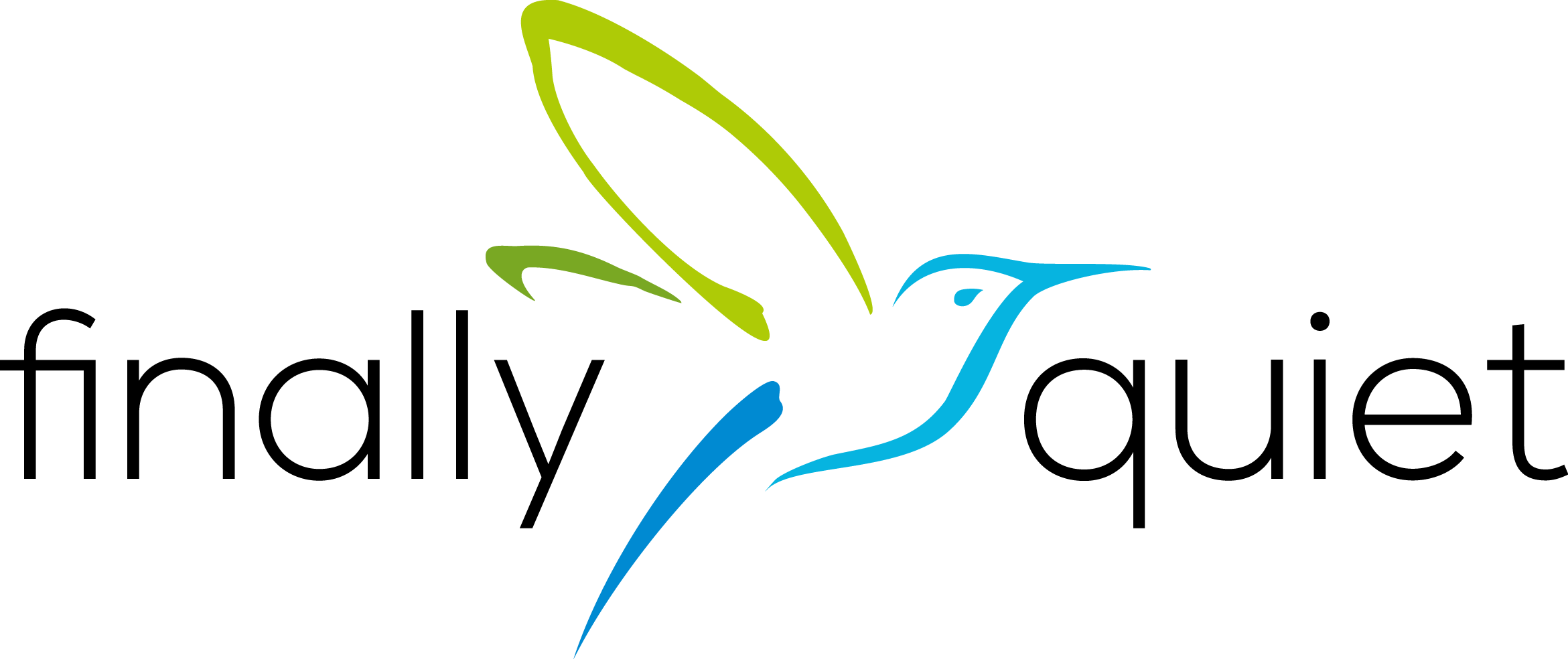GEVA: The Ever-Elusive Ethos
Back during my days at Colgate University, I could wax Aristotle for hours. Instead, I just want to crawl into bed after a long week. So I’ll be brief about my blog on Ethos and the limits this imposes on the success of theater.
Aristotle’s Rhetoric dealt with the idea of persuasion in three elements:
Logos – Logic
Pathos – Emotional Connection
Ethos – Credibility and Trustworthiness
In my humble opinion, the first two elements are largely within the control of the art. For example, a good script covers Logos. Stakes coupled with solid theater basics (acting, set, directing, etc.) covers Pathos. Of course, the audience always has a say in the success of either of these but the real trouble spot is Ethos. That’s another story. That one that must be earned.
Not too long ago, I broke it to my director/playwright boyfriend in NYC that nobody…and I mean NOBODY…in my immediate life here in Rochester mentions theater. Ever. I think that was a difficult thought for someone who lives and breathes it every day but it was true at that time. Now that I am participating in the Cohort Program that is changing. But I am the exception, not the rule.
I did a little math today to put things into perspective. According to my rudimentary Google search, fairly recent numbers (2010) show that the Actors' Equity Association (theater actors) had 49,000 members. That same year the US Population was 308,000,000. So, roughly 0.02% of the population is representing the 99.98% on stage. My son just informed me that each actor would need to represent 6,469 people. That’s a big task. They must be very tired.
Given this, it isn’t a wonder to me that I am not hearing about theater in my everyday life. Nor is it a wonder that when theater is discussed outside of theater circles that it is characterized as “Hamlet” or “The Music Man”. In fact, an actor the other night told me that 30% of productions in the US actually are Shakespeare. (No disrespect to William but I surely hope that isn’t true). These broad statements say to me that this massive majority can’t identify with theater. It isn’t “for them” or “about them”. They don’t find it relevant or credible. It’s a fancy reason to get dressed up and something to do after dinner at Applebee’s. But, this couldn’t be further from the truth. If not for them, as both subject and audience, theater wouldn’t exist at all. There’s a definite Ethos problem here.
I’m disheartened when I think about this because this isn’t my experience. Granted, my life partner is someone who knows which plays I might like and knows where to take me; and invites me to have conversation with interesting playwrights, directors, designers and actors who believe in what they are doing and are good at it. I’m lucky. He chooses theater of relevance for me. I would like the 99.98% to experience something like that…if only once in their lifetime. You know, the Derek Jeter approach - giving 100% at every game knowing that there will be at least one fan in the stands who will only make it to one game in her lifetime. Everyone deserves that one day in the theater and a meaningful conversation afterward to connect theater to them and to allow the 0.02% to hear directly from the source behind everything they do.
The ever-elusive Ethos must be earned. This will happen through genuine connection and a willingness to listen. And when this begins to happen the weight of the 99.98% will begin to shift. After that, anything is possible. This Cohort Program at Geva Theatre is just what is needed to start that conversation.
And with that, night-night.

